
-
 86-21-63895588
86-21-63895588
-
 No.1, Lane 600, Nanchezhan Road, Huangpu District, Shanghai 200011
No.1, Lane 600, Nanchezhan Road, Huangpu District, Shanghai 200011
Release time:2024-01-30
"Decarbonization Now" was the main theme of the 6th Annual International Collidoscope Challenge (ICC) organized by the Elite Master of Finance Program (EMF) at Fanhai International School of Finance, Fudan University. 80 participants from over 30 universities around the world with different nationalities and studies competed on how they can come up with the most innovative ideas that can be activited immediately to enable Climate Action. This year's ICC partnered up with Polestar Automotive, a global electric performance brand, under the banner "Carbon Zero: Leading The Charge", bringing together undergraduate from around the world to think about how to decarbonized the planet and benefit humanity.

Opening
This year's ICC event happened on January 20th and 21st, and at the opening of the 6th ICC, Justin Hou, Head of the EMF Program at FISF welcomed everyone and pointed out that decarbonization is leading the charge in China's innovation in national development. Exploring the "trinity" of innovation, talent and education has always been the focus of countries to enhance their core competitiveness. FISF understands the importance of education, talent and innovation, so it is committed to provided what's needed to enable students to excelled in all those areas. It founded ICC in 2018 to help students from around the world to enhance innovation while cultivating a real sense of social responsibility.
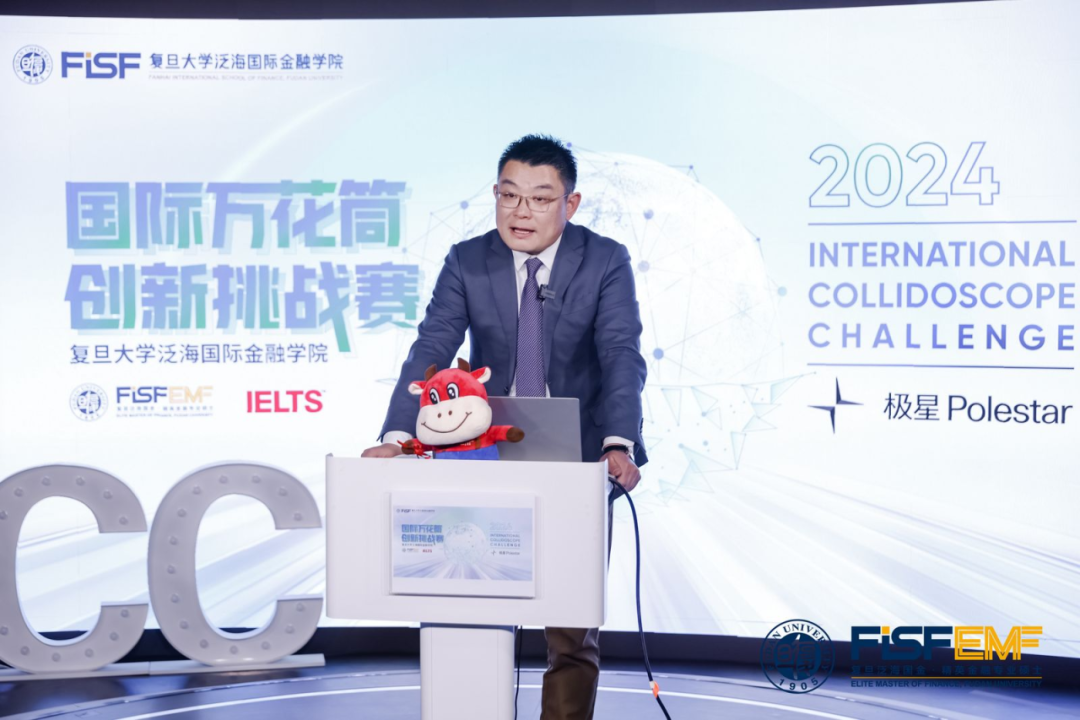
Justin Hou—Head of EMF
“During the last 6 years, more than 500 students from over 50 schools in almost 20 countries and regions have been invited into the ICC event out of thousands of applications, contributing countless valuable ideas to the world.” Justin Hou hoped that the participants can obtain true inspiration from their teammates, from peers, from the event, and to be continuously inspired in the future.
ICC itself also regards innovation as heart of the event and has always been closely integrated with social and human concerns, providing a showcase for young college students from around the world, encouraging dynamic thinking, and committing to great design mindset. Today, addressing climate change has shifted from an intergenerational sustainability issue to an immediate crisis. Inspired by Polestar's commitment to create a truly climate-neutral car by 2030 and become climate-neutral across the value chain by 2040, this year's ICC challenges participants to think about actionable solutions to our climate challenges to fulfill the Global Carbon Zero Mandate.
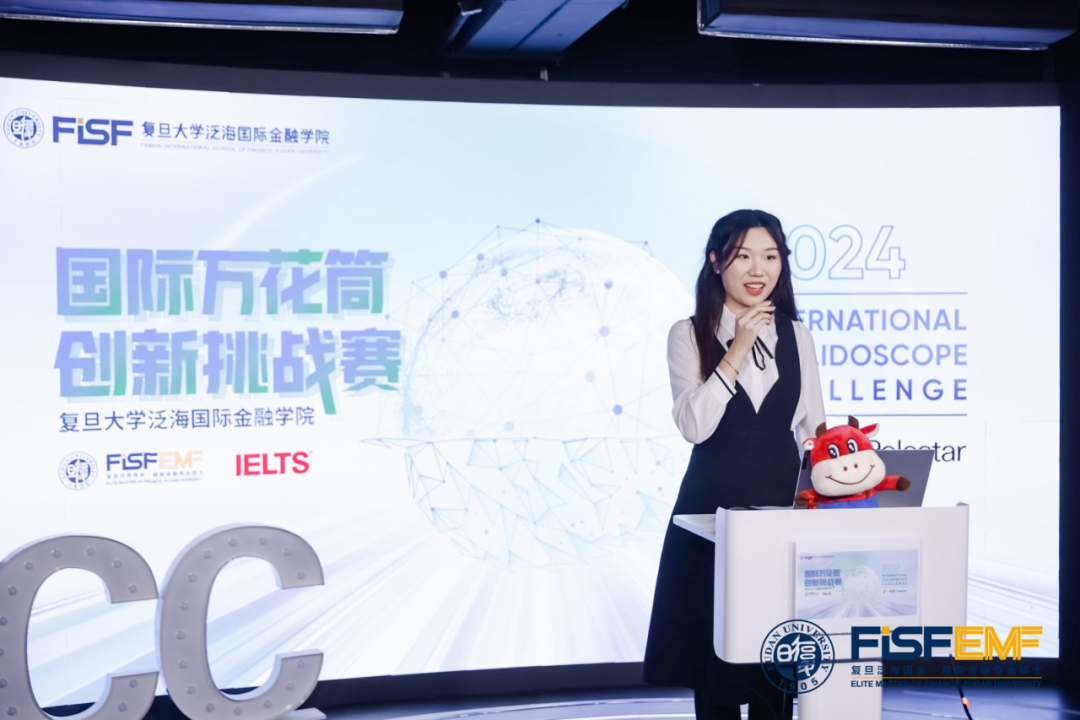
Ziwen Li —Student host
Team Video Sharing
Over the two-day event, the participants went through endless collision of ideas and kept their focus on the objective of the "carbon zero " cause.
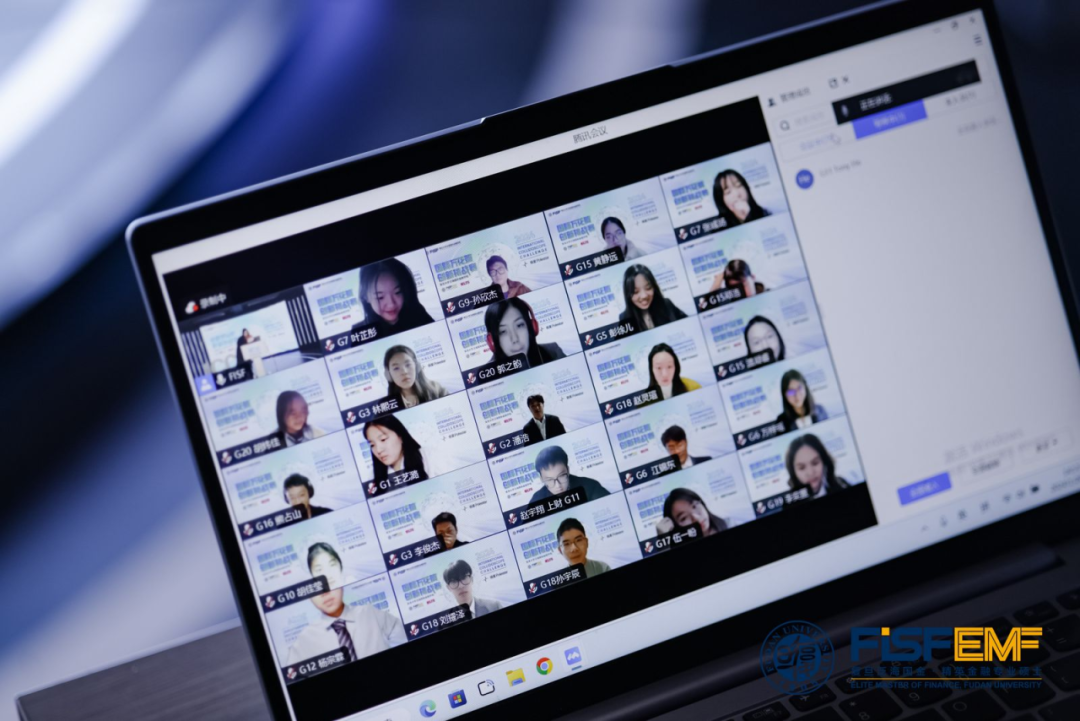
Participants
The program started with "Making the impossible possible is what we hope to achieve at the ICC.", during the team video warm up session, which the team members of four work together to come up with a team name of having to do with decarbonization.
Keynote speech
Two experts, Eric Le (Polestar's Head of Procurement, China and Asia Pacific) and Qianqian Wang (Polestar's Global Supply Chain Climate Expert) presented Polestar's vision and efforts to achieve the Polestar 0 Project objective. The company calls this ideation a "moon-shot" project to create the first truly climate-neutral car by 2030, eliminating all supply chain, manufacturing and end-of-life emissions (without using offsetting methods like tree-planting or buying carbon credits).
"About a week ago, a team member came to me and said they wanted to use bio-based materials to make body structural part." Eric Le shared a daily clip from his work, which are really "wild ideas" that colleagues bring up all the time. "To make car A-pillars out of paper is just an stunning idea for decarbonization!"

Eric Le—Polestar's Head of Procurement, APAC
Qian Qian Wang presented the difficulties of the concept of sustainable development in the production process from multiple dimensions. On one hand, the realization of carbon-zero technology requires several times of human, material and financial investments, and constantly increases the research and testing of relevant technologies. On the other hand, the realization of this process required joint efforts from suppliers, consumers and all stakeholders, it takes extraordinary teamwork. "And that's the beauty of this project, no one has been able to describe it in its entirety yet, but nothing can stop our ambition and imagination." The two experts gave participants an overview of the Polestar 0 Project as a "Moonshot" because no one could imagine how difficult and magnificent this small step would be because it is as dramatic as man's first landing on the moon.
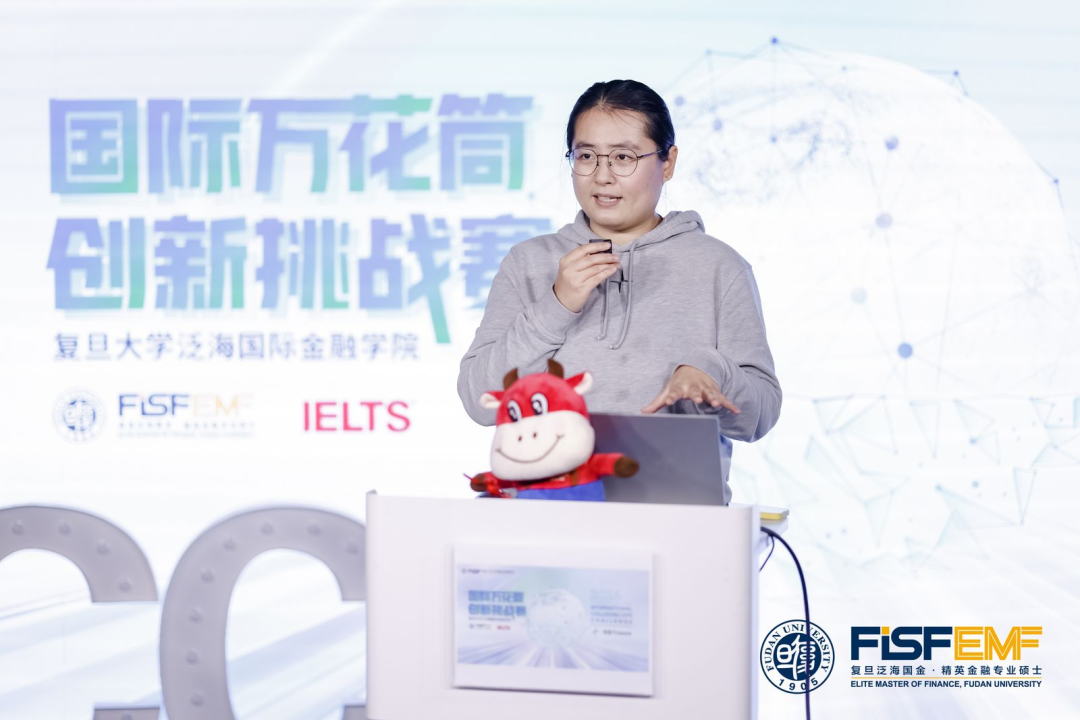
Qian Qian Wang—Polestar's Global Supply Chain Climate Expert
Round-table
In the round-table discussion, two business partners of Polestar with Wallice Li (VP of Autoliv, in charge of HR & Sustainability & Supply Chain Management) and Yi Deng (from Yan Feng Plastic Omnium (YFPO), Sustainability manager at Strategy Planning Department) and Andrew Chen (Polestar's Head of Global Procurement Sustainability) shared the impact of carbon zero in business and finance from an execution perspective. The round-table was moderated by Allan Chou, the founder of the Hydtogen Design Center, a nonprofit global hydrogen application incubator and Global Advisor to ICC.
Wallice Li points out that "decarbonization" generally includes three(3) scopes: Achieving carbon neutrality in operations, producing a carbon-neutral product and having a carbon-neutral supply chain. Scope 1 and 2 together are only 10% of carbon emissions but it is a very important first step. The challenge of carbon neutrality throughout the supply chain is much greater than imagined. Taking the actual situation of the company's production and operation as an example, Yi Deng shared in-depth information on innovation in materials, cost control, supplier management and other aspects of development. While new materials are closer to the goal of carbon zero, they face the shortage of domestic resources, the unstable test effect and other problems. So it requires customers and suppliers to work together under the same vision, to achieve the carbon zero goal in the future.
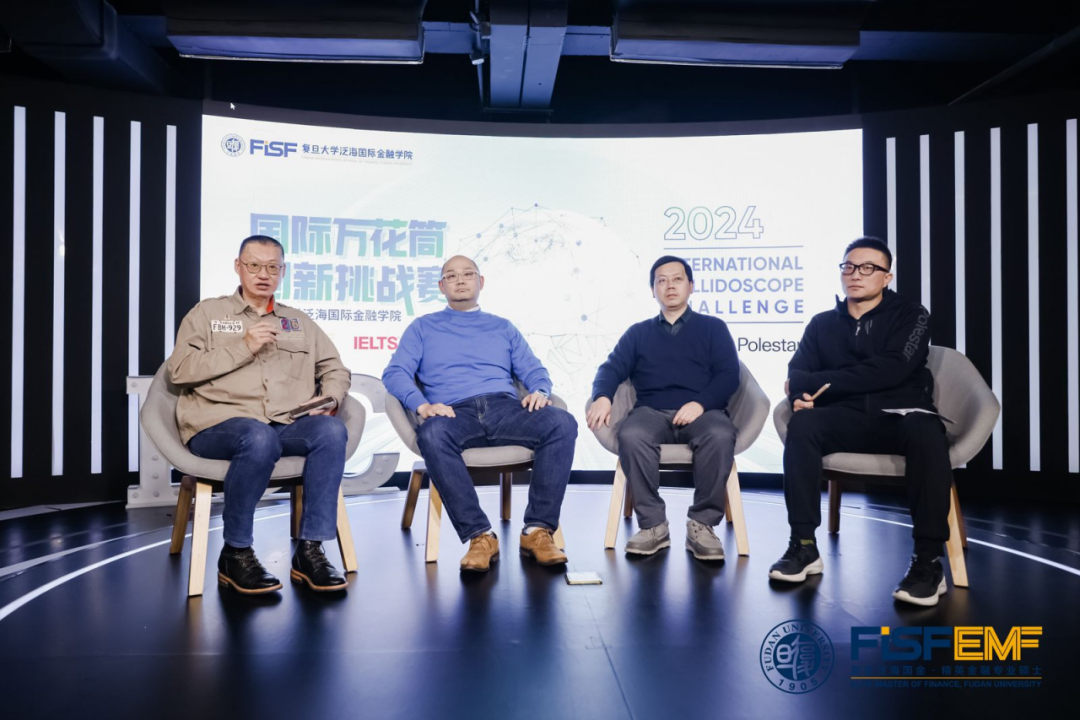
Round-table Session
There is no doubt that the high cost of achieving carbon neutrality is not only borne by the government and enterprises. The enterprises are also facing realistic survival problems while practicing these values. Higher costs correspond to higher prices, and how to persuade consumers to accept these increased costs? Wallice Li provided a reference for the pricing strategy from three dimensions: social value, function value and emotional value, triggering the participants' thinking regarding the unity of social and economic values.
Industry mentors shared a lot of knowledge, and students actively asked questions about how to precisely define carbon-zero products and how to become carbon-zero practitioners. Andrew Chen shared the little things he had been doing even before entering the sustainability field: No Takeout, and bringing his own toiletries to reduce disposable use in hotels. "Find what you believe and believe what you believe." This belief underpinned his continuous efforts and achievements in his daily work. In his late 40s, Yi Deng learned new knowledge, stepped into the sustainability field, and met more partners who shared the same values in his sustainable career. The speakers stressed that it going to be a lifelong task to find the direction that participants are interested in and work towards. They hoped that participants would never be afraid to explore boldly and shine brightly.
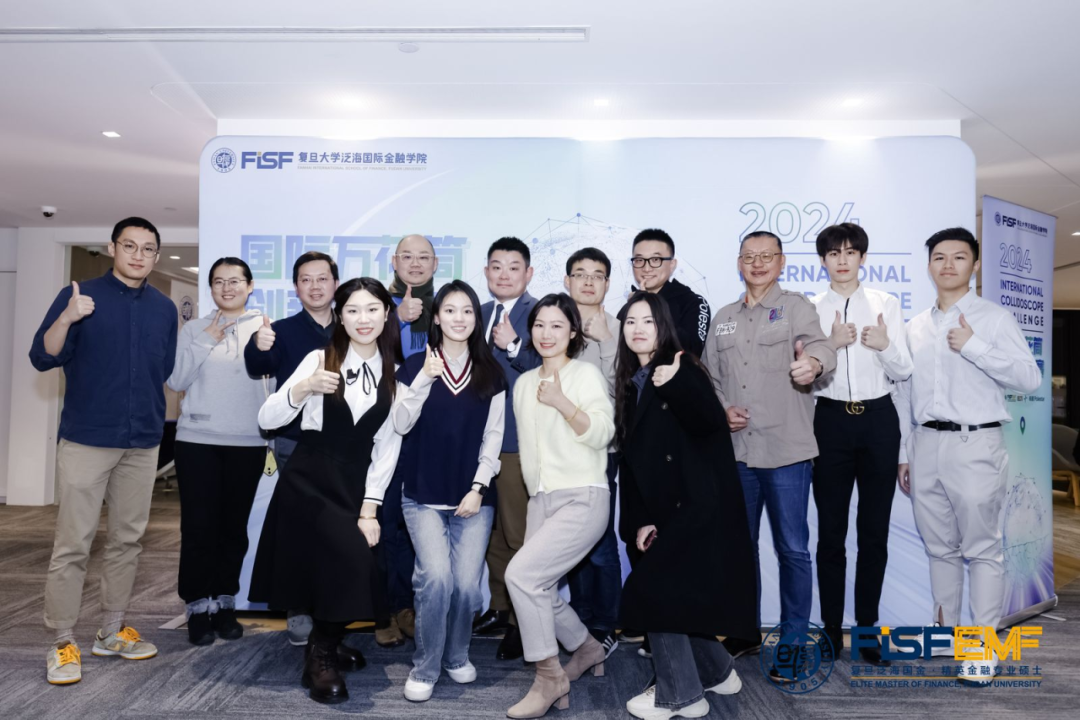
Guests
Workshop
The round-table discussion provided more reference for the participants about the realization of Polestar Zero, and helped the teams to find the right issues to tackle, Start-up Mentor-in-Residence Allan Chou provided participants with a framework and basic methods of innovative thinking during the Ideation Workshop. He emphasized the important role of time management, effective communication, and identification of real-world issues on a very tight time-line, also touched upon why Gothenburg, Sweden has such a strong impact on the global automobile industry with the likes of Polestar Automotive, which is headquartered there.
Teams needed to gain insight from everyday life, extract meaningful challenges, dig into core problems and find solutions through teamwork and critical thinking. Within the limited time allotted (24 hours), they must turn the results of the collision of ideas into motion that can change the world. The 17 Sustainable Development Goals was introduced to helped participants to think on a higher level of delivery. All ideas should be encouraged, and all thinking needs to be in-depth. Through two hours of inspiring training, Allan Chou gave participants from different nationalities and backgrounds a common goal, a unique approach and a path of inspiration to tackle this year' s challenge.
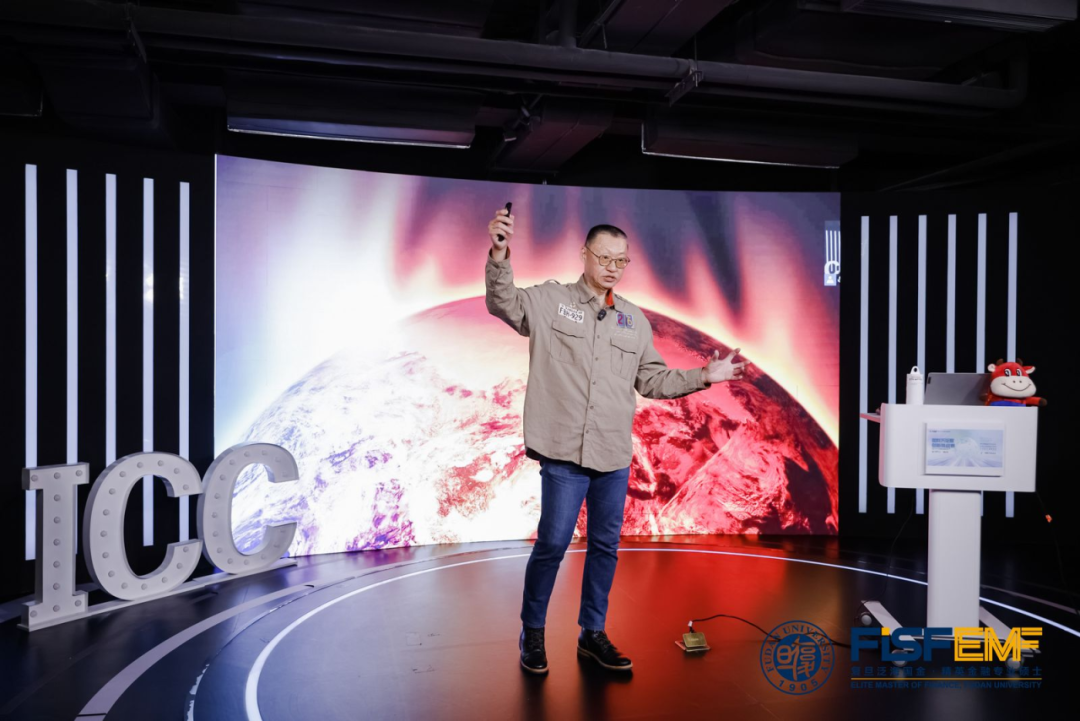
Allan Chou—Founder of the Hydtogen Design Center
Mid-term Mentorship
Before the Final Pitch, to help the teams to prepare fortheir final ideas, ICC organized a mid-term mentor-ship session morning of the 2nd day of competition. Two Polestar Staff Members (Michael Sun, Manufacturing Sustainability Lead and Sicong Xiong, Global Supply Chain Inclusion Expert) and three FMBA FT+ students Xinyu Deng, Zoe Zhou, Eric Hu and Allan Chou went through each team's idea and provided comments to optimize all of the final presentations.
Final Pitch
On the afternoon of the 21st, 20 teams presented at the Final Pitch by providing their insights and ideation regarding decarbonization issues surrounding their school and neighborhoods. The teams’ proposals covered all aspects of food, clothing, housing and transportation, and vividly illustrated the potential of "carbon zero" as a way of life. The three judges, from Polestar (Ellie Wu, Polestar China GM), Nicolai Huang (Lingang Group) and Allan Chou (Hydrogen Design Center) conducted judging for the final pitch, expressed their sincere appreciation and affirmation to all participants. In addition, the competition also invited EMF student ambassadors to serve as public judges.

Awards and ICC Closing
Finally, after rigorous scoring by the professional judges, Group 10-Emission Impossible won the championship of the 6th ICC competition. They explored the relationship between staying up late and carbon emissions, and conceived a carbon footprint reduction plan based on their insight into college students and their late night habits, and having to wear the most expensive facial mask to offset their lack of rest. This plan converted the carbon emissions reduced by incentivizing students and/or the general public to go to bed early for one hour, so there can be carbon footprint reduction and eliminating health problems caused by staying up late, which fulfills the creative, commercial and social values necessary for a more rounded decarbonization solution.
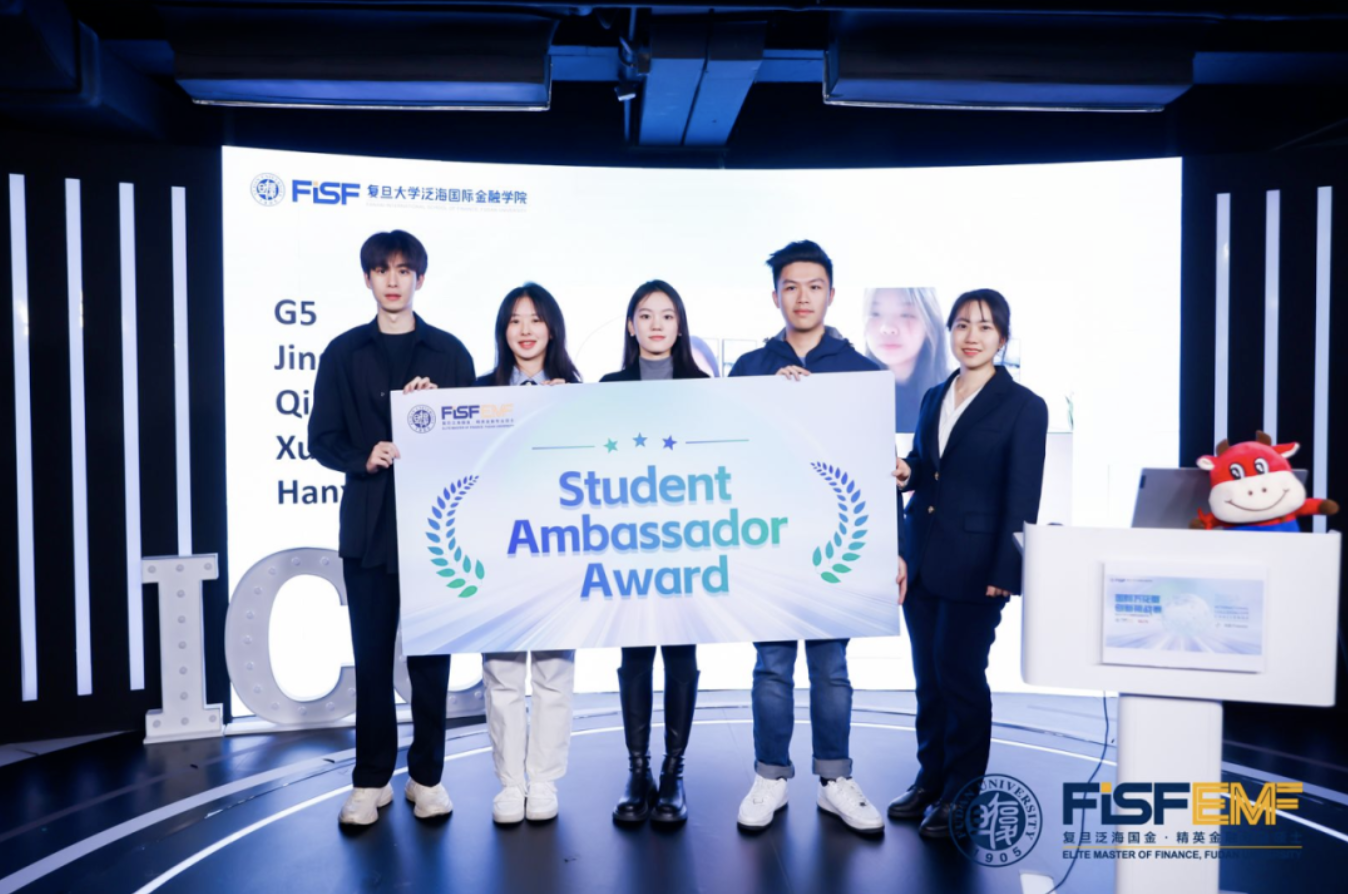
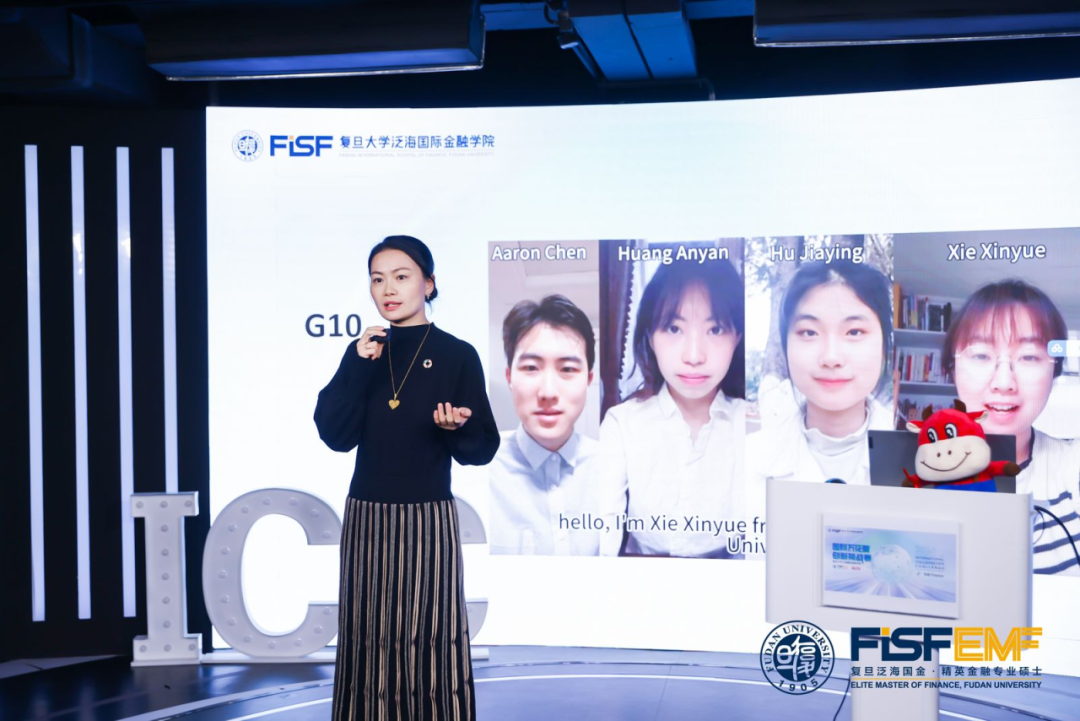
Ellie Wu—General Manager of Polestar China
Ellie Wu, General Manager of Polestar China, presented the award and said, "ICC is more than just a competition. Although there are wins and losses in current environment, participants can all be winners in life. " ICC has been held for the sixth time, witnessing so many young people who are innovative and always practice impactful thinking boldly. They start from this stage and step by step climb higher and go farther. Just like shining stars, one day they will light up the whole sky. Just as Polestar dares to propose a 'Moonshot' plan on the road to decarbonization, ICC always supports and encourage young people to start with a small idea, then make their dreams visible, and eventually realize the beautiful vision of changing the world and improving society, Ellie Wu summarized.
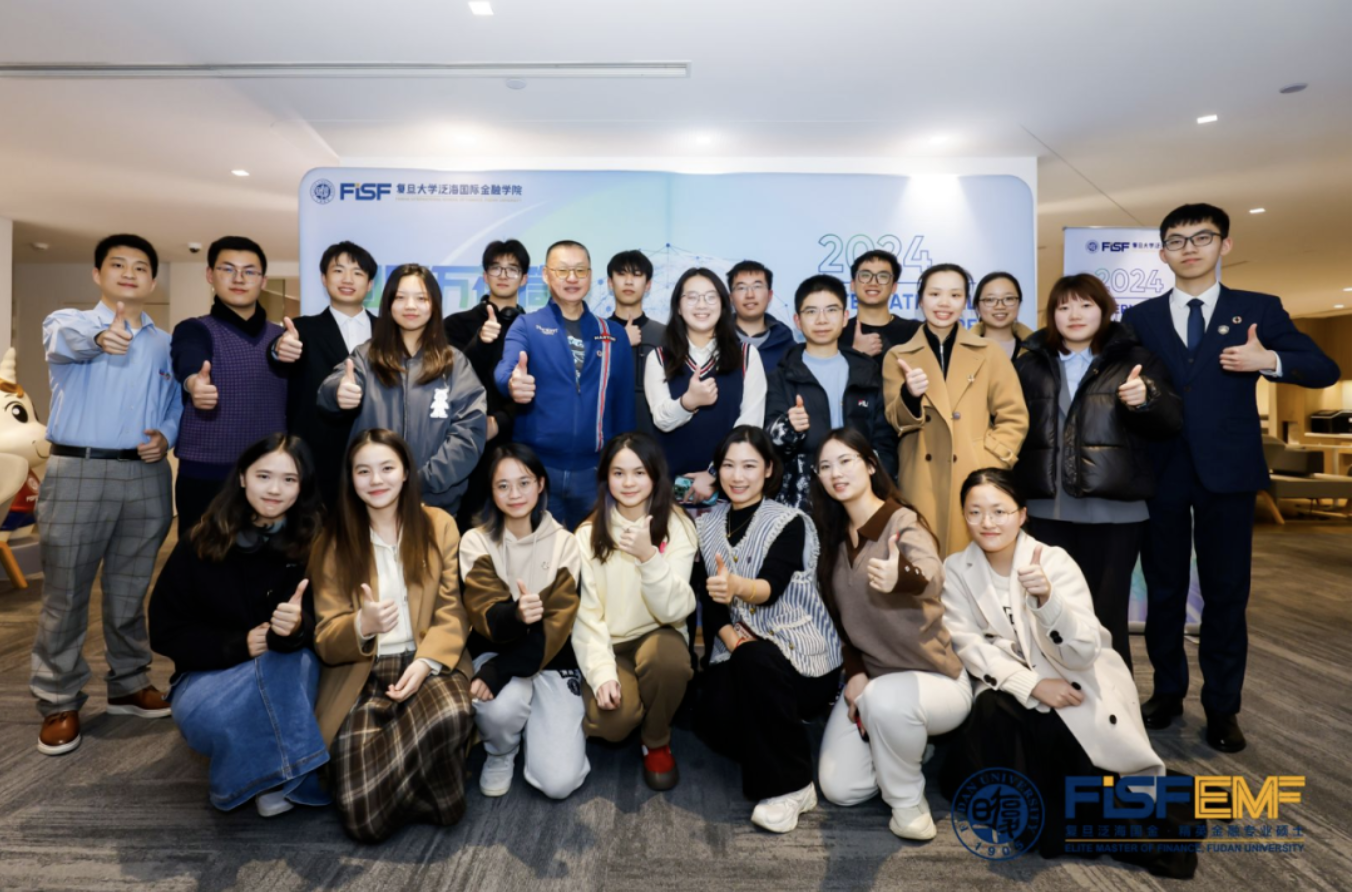
@Mary Li
from Fudan University
The ICC is one of the most meaningful and memorable activities that I have ever participated in! I treasured the precious opportunity to learn from industry mentors and innovation and entrepreneurship mentors. I learned more about the Polestar 0 plan, gained deeper industry insights, and acquired practical skills of innovation. The most exciting part is to brainstorm with my teammates! I enjoyed exchanging ideas with people from different schools, and even different countries! I was inspired by my teammates. We generated creative ideas targeting decarbonization together and tried to figure out a feasible plan to put the ideas into practice. We also have become good friends and will keep in touch in the future!
@Xuer Peng
from New York University
As a freshman student, my experience of ICC this time is fairly worthy. It is one of the most meaningful activities. I was quite worried and at a loss what to do at first, but looking back now, it’s an amazing experience. ICC is a fast-paced contest. Once the first mission is released, there will be very little time left for you to small talk with your randomly assigned teammates, instead the bulk of your time will be spent on proposing and initiating ideas, challenging each other’s ideas and work together in a very short period of time and actually make something. It's my honor to have the opportunity to participate in this competition.
@Melody Xie
from Shanghai Jiao Tong University
This competition of ICC is centered around the theme of carbon reduction, which is closely related to our lives. The random team formation is conducive to the exchange and collision of ideas among team members, and I also learned a lot from my teammates through the competition. The competition examines a wide range of competencies, including project selection, conceptualization, roadmap construction, etc., which is conducive to enhance business insights. Compared with the practicality and accuracy-oriented internships, ICC's competition is more focused on creativity and is more inclusive. Personally, I think the quantification of metrics, visualization of the product, and clear future plans are important highlights in the competition. Language skills and presentation style are also indispensable .Overall, I gained a lot from this ICC competition.
@Kathy Yip
from The University of Hong Kong
The 2 days online conference in ICC 2024 has undoubtedly impressed and inspired me. As a participant, I encountered excellent students from elite universities all over the world! Everyone gave out enlightening ideas and solutions towards current global issues, and designed comprehensive ppt deck within 20 hours! ICC will definitely become a platform for future leaders to share and demonstrate their vision and capabilities.
@Gloria Zhang
from Nanjing University
The ICC was a very memorable experience for me. It was my first time participating in such an innovative competition, and I am very grateful for the guidance of mentors and the help of my teammates. In just two short days, we conceived a method to mitigate carbon emissions, gradually refining our ideas through collaborative exchange, from a mere framework to perfecting every small detail. In summary, the ICC was a fantastic opportunity for me, allowing me to learn a great deal of new knowledge and to improve my ability to work with teammates.
@Terry Jiang
from Tongji University
Participating in ICC will be a very memorable experience for me, and I fully realize that only independent innovation can bring change to the world, which is impossible to do no matter what kind of ai tool. In addition, teamwork is also very important. During the competition, my teammates and I help each other and stimulate each other's creativity. At the same time, I am amazed by the ideas of other teams, which makes me realize that I must learn from others extensively.
@Diem Quynh Ngo
from Monash University
ICC 2024 is a professional play field for student like me to go out our comfort zone to challenge ourselves, and gain networking, especially enhance our knowledge about SDGs and sustainable business ideas.